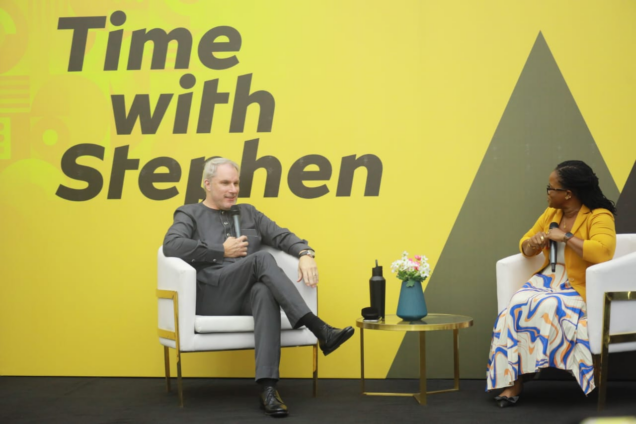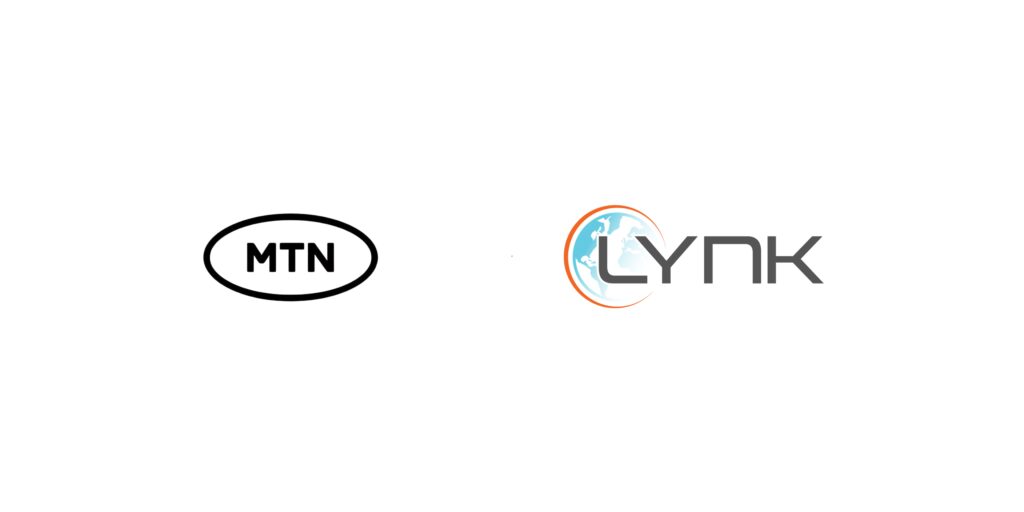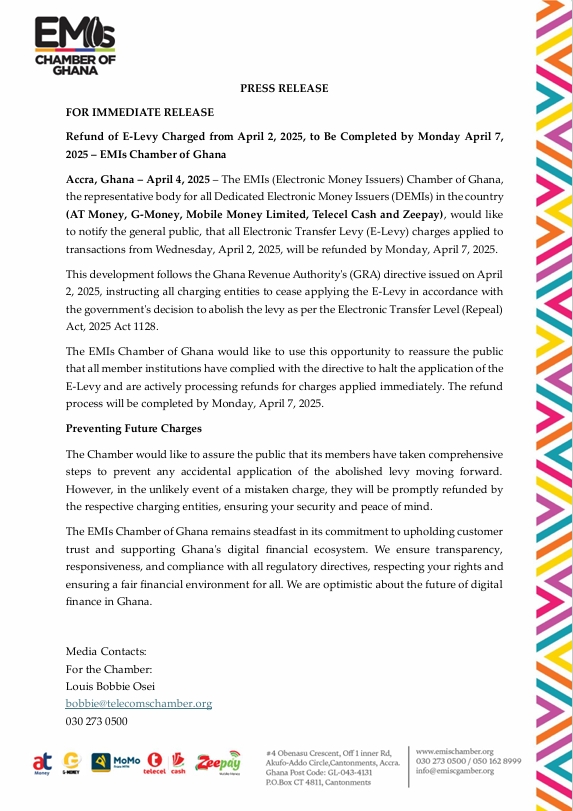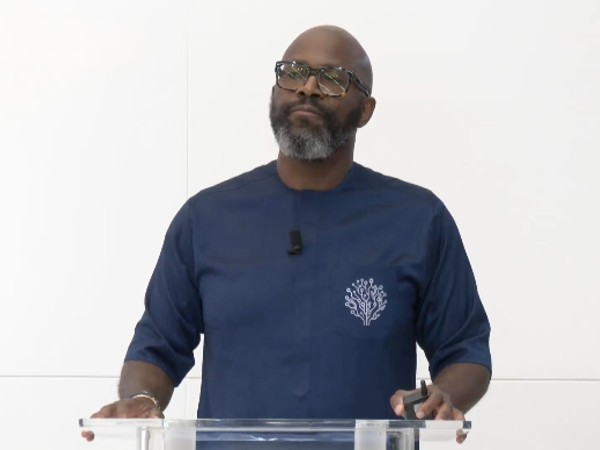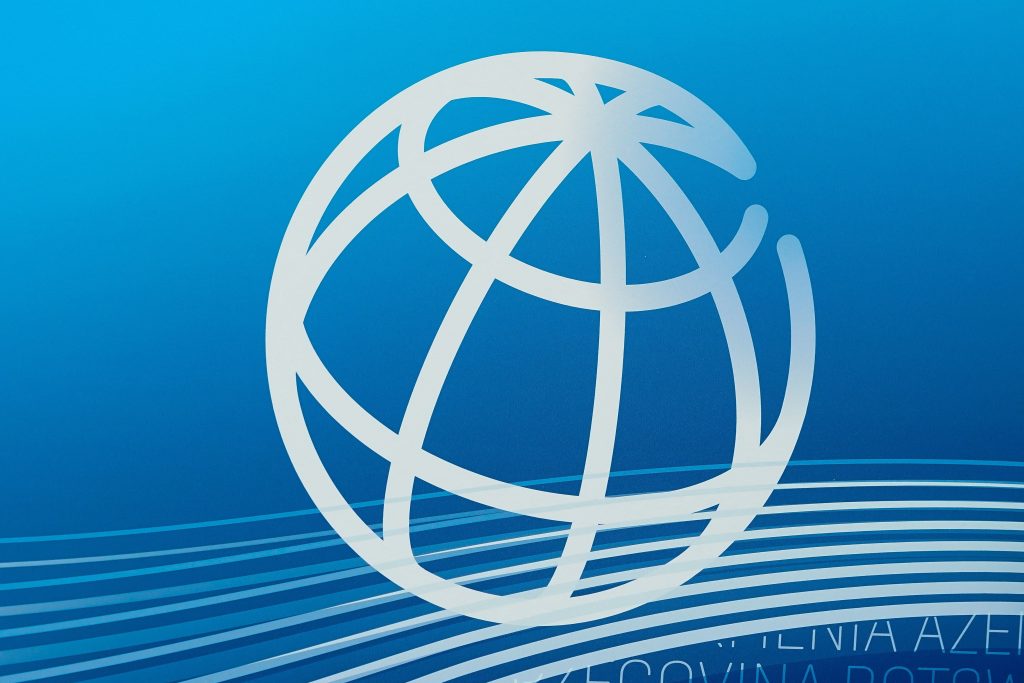MTN Ghana’s Chief Executive Officer, Stephen Blewett, has revealed that the company has invested over $1 billion in improving customer service delivery over the past five years.
This, he said, underscores MTN’s ongoing commitment to customer satisfaction. He also announced plans for additional significant financial investments in the coming year.
“We are here because of our customers,” Blewett stated. “We want you to have an exceptional experience, not a poor network. MTN’s success today is a result of our commitment to investing over $200 million annually in our network.
“By the end of this year, we will have invested $1 billion over the past five years. And we’re planning to invest even more to continue enhancing our services.”
Blewett also addressed the rising issue of mobile money fraud, urging customers to stay vigilant.
He shared a personal experience from his first month at MTN, when he became the target of a mobile money scam.
“In my first month here, I received a call from a fraudster. He claimed I had made a transfer and tried to manipulate me into believing it. I decided to keep him on the phone for about 15 minutes, hoping that by doing so, he wouldn’t scam someone else.
“Eventually, I told him I was the CEO of MTN, and he didn’t believe me. He got upset and hung up. But this experience serves as a reminder of how important it is to stay vigilant.”
Blewett further assured customers that MTN is actively working on solutions to address mobile money fraud.
“We are constantly asking ourselves how we can improve. We are applying the same customer-first mentality to tackle these issues and are exploring better solutions for our users.”
Source: Business Ghana


